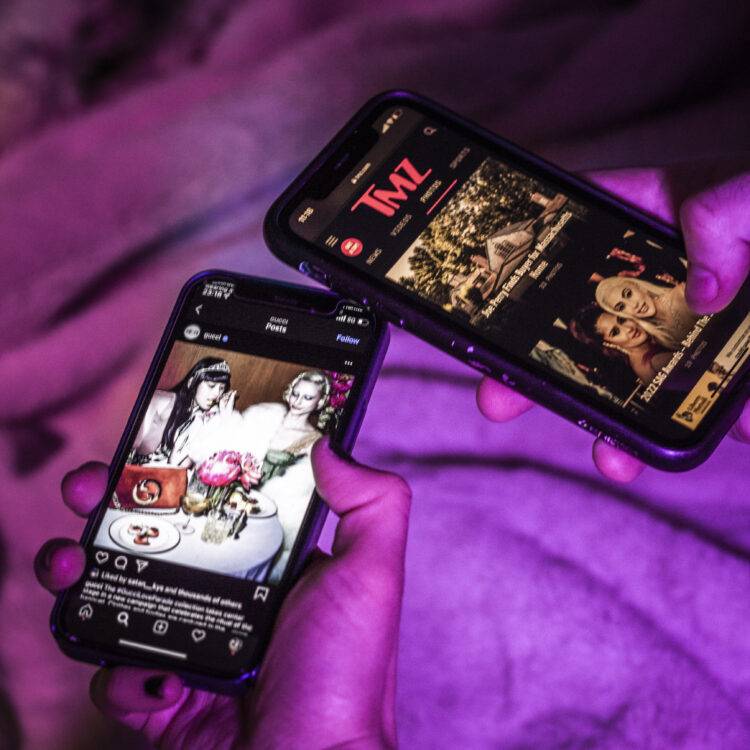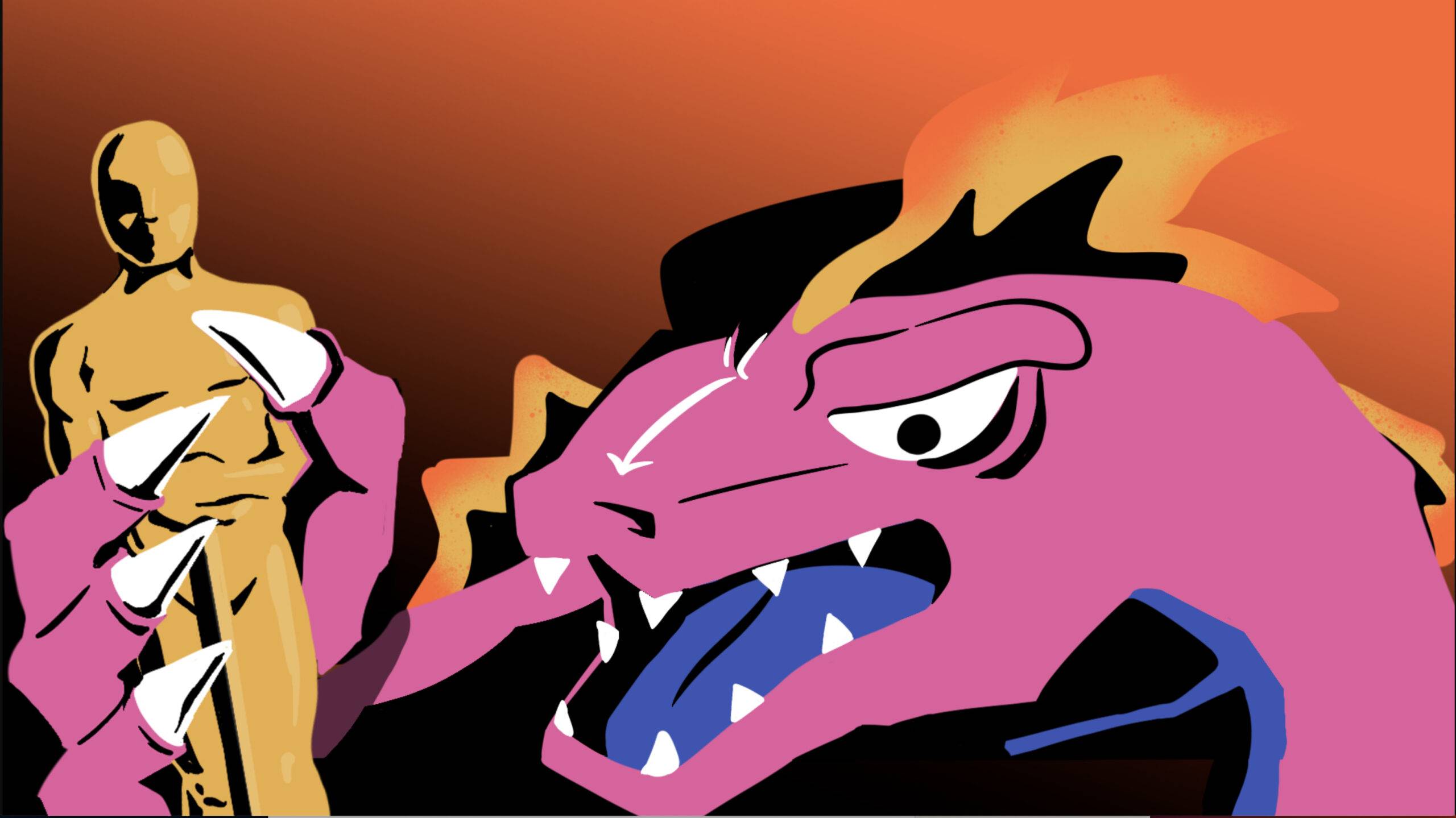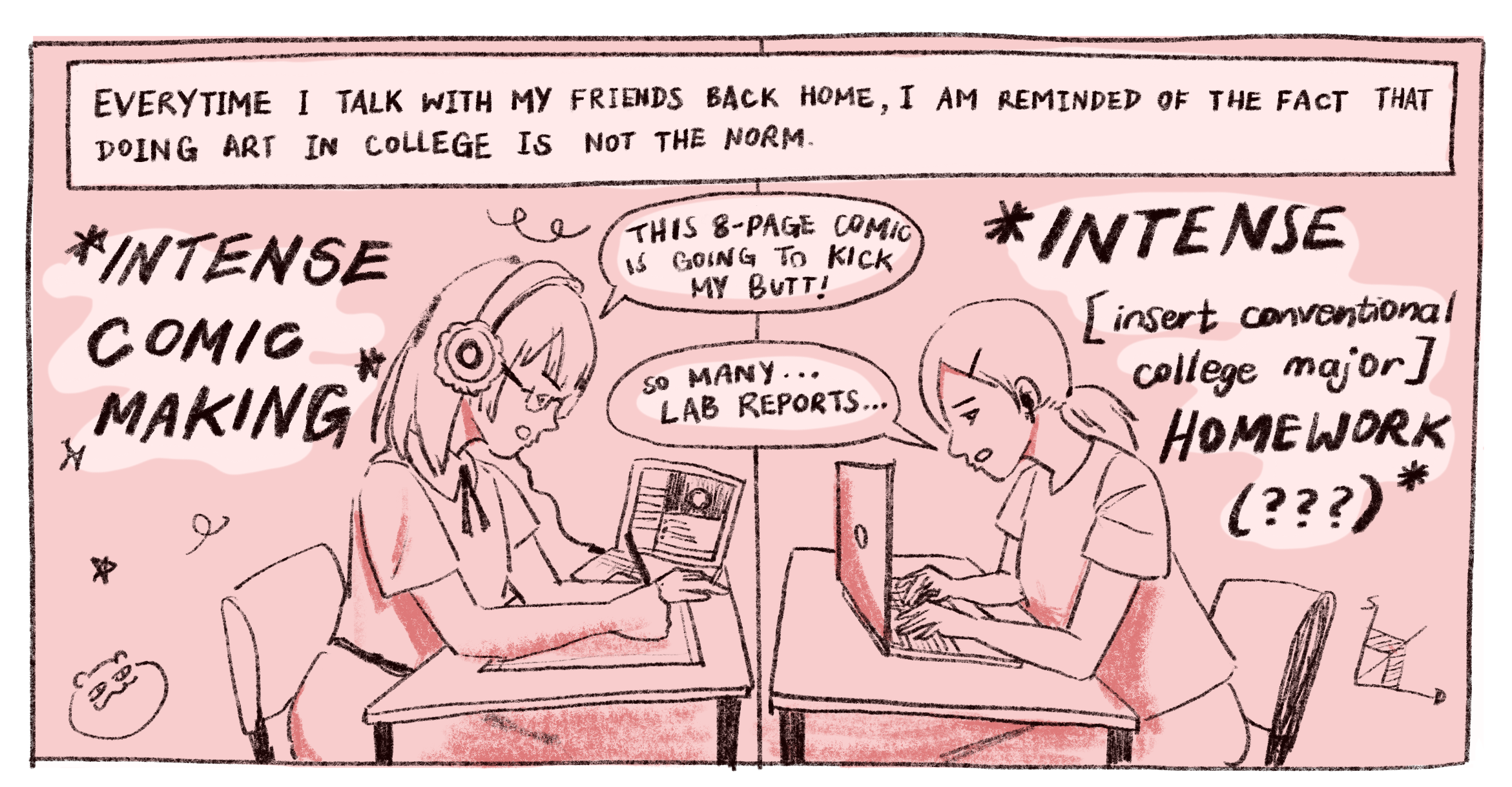Twitter, and recently TikTok, have become well-known spaces for cancel culture to wreak havoc, especially towards celebrities. It has become fairly common for Internet-famous people to become a topic of conversation after controversial news becomes shared online. The earliest reference to someone being canceled was in 2014, in an episode of VH1’s “Love and Hip-Hop: New York.” In the show, Cisco Rosado, a cast member, told his girlfriend of the time Diamond, “You’re canceled,” after she revealed she had a daughter. People took the phrasing as a joke, and it became a popular way to show disapproval for a person’s actions through fun, light criticism; especially among Black Twitter users.
However, this was not the first time the term was utilized to call out a person. In the 1991 film “New Jack City,” a character ends an iconic scene by saying, “Cancel that bitch, I’ll buy a new one.” In the 2000s, this phrase was referenced by artists like 50 Cent and Lil Wayne, but wasn’t popularly utilized until the spread of the term online over two decades later.
The word “canceling” has only been used commonly within the past six years, even though celebrities have faced criticism for their actions long before that. One of the earliest instances where a celebrity was canceled was when Chris Brown faced domestic abuse charges against his then-girlfriend Rihanna. Consequently, people avoided his music to show their support for Rihanna and raise awareness of domestic violence. Tabloids were the ones drawing attention to this at the time, but it was heavily downplayed, since usually focused on denigrating female rather than male celebrities.
Justin Timberlake, for example, would have been canceled in the early 2000s if the actions of men bore any true consequences back then. The controversial 2004 Super Bowl half-time show’s “wardrobe malfunction” — which revealed Janet Jackson’s breasts — resulted in praise for Timberlake instead of a callout. Instead of apologizing — because the accident was caused by his hands pulling on more fabric than necessary — he told Access Hollywood, “Hey, man, we love giving y’all something to talk about.” What could have passed as an accident became a career turning point for Janet Jackson, whose life never fully recovered after the incident, while he continued in the limelight unscathed. Actions as such where he was applauded by the media would easily become a cancellation issue today.
Instead, tabloids mostly focused on tearing down female celebrities. Timberlake once violently attacked a paparazzi alongside Cameron Diaz, his then-girlfriend, in “self-defense” after the cameramen jumped out of the bushes. This incident failed to make waves, yet the infamous Britney Spears umbrella attack in 2007 was widely shared in the tabloids. Pictures of her shaved head also spread rapidly, becoming a turning point for her public and private life, and her mental health was a popular topic on tabloids, who used her “meltdown” to sell their magazines and gain clicks. Compared to Timberlake, why was she branded a freak, while he was called a hero?.
Tabloids and gossip blogs such as TMZ and Just Jared were responsible for such headlines. Their audiences consisted of men that would not consider what they were reading “gossip,” since its type of “news” mostly just sexualized and degraded women. TMZ also specialized in publishing invasive celebrity videos — which were later posted on the newly-launched YouTube — giving fans the sensation of peering into a small part of the celebrity’s life.
The difference in treatment between male and female celebrities, as well as the sensational headlines tabloids and bloggers would utilize for clicks and money was widely popular amongst readers and not condemned during this empire. However, a little over a decade later, these same people are being harshly criticized for their actions. While they have now transitioned to creating social media content and have since adopted a straightforward delivery style that does not offend anyone, the #MeToo movement and, more recently, the “Framing Britney Spears” documentary, have framed them in a new light. Screenshots of old articles have resurfaced, showing the full extent of the toxicity of 2000s tabloids and how harmful their content was to those targeted.
Perez Hilton is one of the bloggers who has lost traffic on his dedicated website, and transitioned to social media as such. His signature white scrawl often appeared over pictures that were usually degrading and mean towards the celebrities he’d share rumors about, but it was a type of humor that was considered entertaining by many back in the day. He helped shape people’s usually negative views of celebrities like Spears, and by 2007, Hilton had over 8.82 million pageviews a day — the majority of which were from women — where he, without fear, insulted celebrities to gain clicks. His posts now consist of not-so-sensationalist leads with only traces of his trademark still present. Hilton has since apologized for the way he had treated celebrities in the late 2000s, because people are canceling him now — as well as former gossip bloggers such as Lainey Gossip — by finally showing them that their actions have consequences.
Hilton’s career has not recovered, even though he still has an online presence. Similarly, Elaine Liu from Lainey Gossip has suffered a lot of backlash from her past posts and has apologized, yet people have not forgiven her; going to the extreme of accusing the blogger of taking advantage of “apology culture” to clear her name. Liu has been accused of racism and homophobia for past headlines, due to comments she’s made about Black female celebrities, as well as the children of celebrities.
The tabloid craze of the 2000s was a result of increased accessibility to the Internet as well as the popularity of blogs, which created an easy approach to gossip about celebrities. What gave tabloids the power they held against celebrities was how manipulative their headlines were, as well as how harsh they were towards criticism. Celebrities were either scared of them or took advantage of this culture to rise to stardom. One off-guard moment and they’d be on websites and magazine covers, being called degrading names for the way they looked on a morning walk. The rise of social media completely diluted the power from blogs and weekly magazines as primary outlets for reading about celebrities. Anyone has the power to point out mistakes and cancel someone, as well as become an amateur paparazzi by having a phone or cameras in hand to photograph celebrities in the wild. Those that were behind the screens commenting about everyone over ten years ago as their professions are suffering the consequences for their actions, and even though they still update their websites and social media, they are not the go-to accounts for gossip as they used to be. But perhaps the question remains — if they don’t have the power any more, then who does?






















